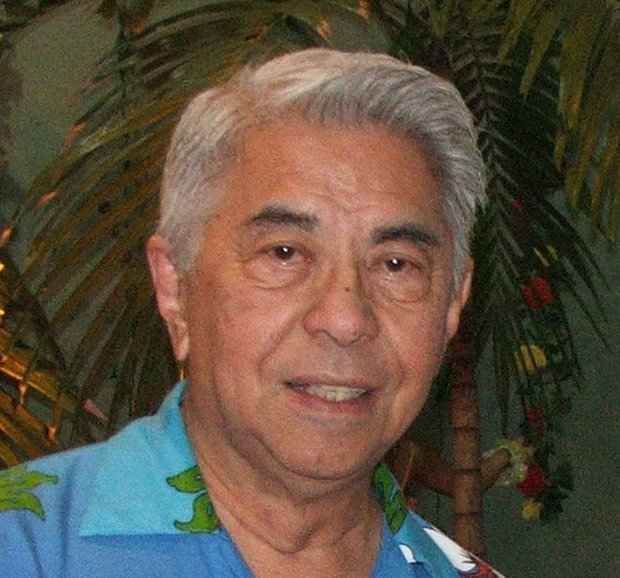Can Killing a terminally ill person be done legally?
 [NOTE: The names are changed to protect the privacy of the featured individual in this case.]
[NOTE: The names are changed to protect the privacy of the featured individual in this case.]From early teens, Rosemary had been dependent upon a wheelchair. A strong willed woman, she hopes her deteriorating muscular dystrophy condition won't claim her life before she has a chance to see her 17-year-old daughter go to college. "My witnessing her graduation would be like a dream come true for me," Rosemary says.
Despite constant pain and immobility, Rosemary avers that she would never kill herself. She adds that the state is making an awful mistake by allowing doctors to prescribe life-ending drugs to people facing terminal illness.
Then she said that she strongly holds this value that is why she joined a lawsuit seeking to strike down the assisted suicide law, which has held up in court.
Just a month ago, she survived a bout of pneumonia that brought the assisted-suicide issue home to her.
"I was in tons of pain, and I said, 'I don't want to do this anymore,'" Rosemary said. ``And my husband said, 'This is why we don't want assisted suicide. It makes it too easy.'"
Rosemary was stricken with muscular dystrophy at age 8. Few victims of the disease live past their mid-20s, and Rosemary, at 48, is an unusual survivor. Her doctor is a personal friend who has declined to estimate how much longer she might live. "He's never put a date on it," she says.
Recently, a suicide bill was introduced into the California Assembly [AB 374] referred to as
The Compassionate Choices Act
 An excerpt:
An excerpt:
The bill would enact the California Compassionate Choices Act, which would authorize an adult who meets certain qualifications and who has been determined by his or her attending physician to be suffering from a terminal disease, to provide comfort with an assurance of peaceful dying if suffering becomes unbearable..This bill would further provide that no provision in a contract, will, or other policy regarding this act.agreement, or in a health care service plan contract, policy of disability insurance, or health benefit plan contract, shall be valid to the extent it would affect whether a person may make or rescind a request for the above-described medication. The bill would prohibit the sale, procurement, or issuance of any life, health, or accident insurance or annuity policy, or the rate charged for any policy, from being conditioned upon or affected by the request. The bill would require that nothing in its provisions be construed to authorize ending a patient's life by lethal injection,mercy killing, or active euthanasia, and would provide that action taken in accordance with the act shall not constitute suicide or homicide.
Catholic Archbishop George H. Niederauer of San Francisco stated in his letter to Catholics “In a state where over 7.5 million are uninsured, it is the poor who will be at risk when killing becomes cheaper than curing. When California is experiencing a crisis in access to affordable health insurance, it is wrong for the Assembly’s time, energy and resources to be channeled into an effort to legalize physician-assisted suicide. Assisted suicide is not among the serious health care challenges facing Californians. What is important is providing health insurance to children and basic health care to millions of low-income families.
The core of Rosemary’s belief is that life is a gift, no matter what the person's situation. Assisted suicide sends the opposite message, she believes. "If someone becomes an inconvenience or a bother, we throw her away. It's a Pandora's box. We don't have a clue about what this is going to do in the future."
To some, it might seem Rosemary has little to live for. Besides her crippled legs, her arms have become shriveled and bent.
"When I got married, I could do everything but walk. I could do dishes, cook, reach for things, fold laundry. Basically, all I can do now is sit here," she says. A woman comes to the family's modest home in east Portland each morning to help Rosemary into her wheelchair and to wash dishes and do other household chores. She spends afternoons alone and in bed. During that time, she often thinks about her daughter, a senior at Portland Lutheran High School.
This column joins the voices of diverse coalition of organizations that oppose assisted suicide including the California Catholic Conference, the American Medical Association, to mention a few Catholic groups and we enjoin our readers to join these organizations in working for a just society and in opposing AB 374.









